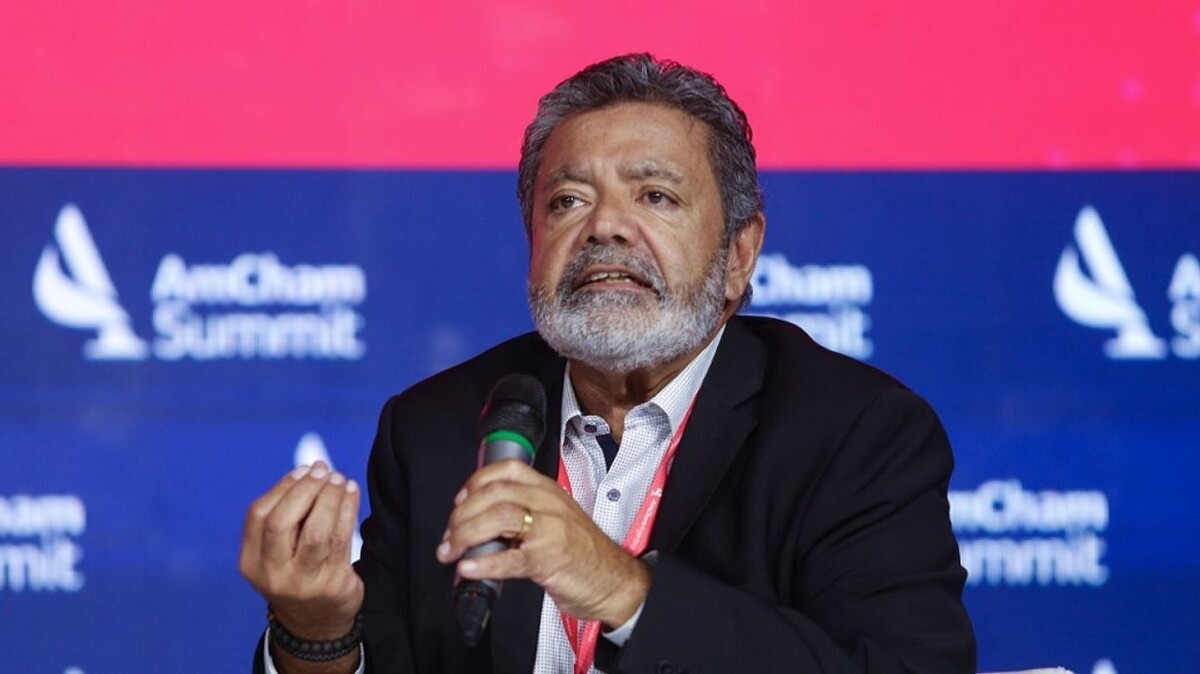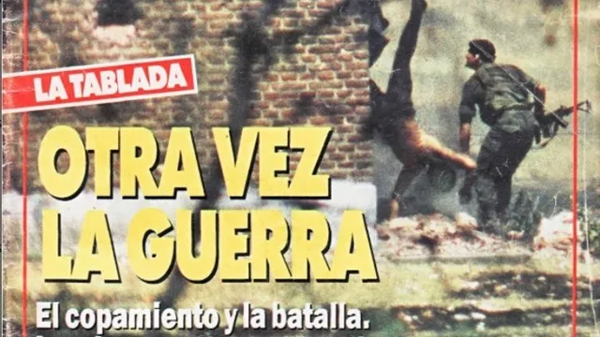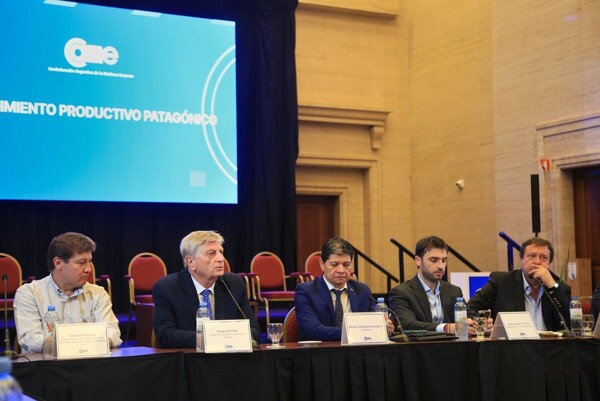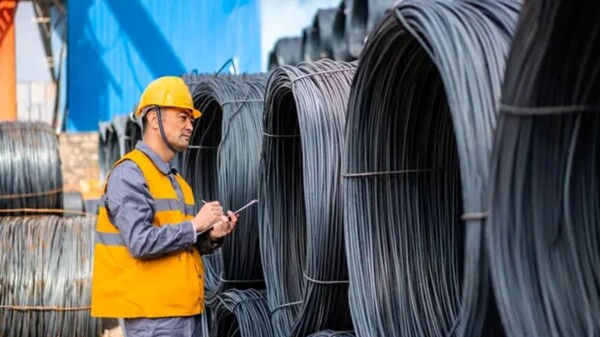
The general secretary of the UOCRA and a leader of the CGT, Gerardo Martínez, warned that the labor union is prepared to resort to 'mobilization and forceful actions' if the government of Javier Milei does not guarantee clear and transparent conditions for the debate on labor reform.
'They don't know what it means to pay a salary, what it means to negotiate a collective bargaining agreement. I respect their intellectual capacity, they may come from the best universities, but they don't understand what the labor modality means in Argentina,' he stated in radio interviews.
The union leader questioned concepts such as 'dynamic salaries' and criticized: 'The fact that an official is a secretary does not mean he is an enlightened one.'
Concern over reform points and recession
The syndicalist expressed the CGT's concern over the points that would be included in the possible reform, such as time banks, the application of dynamic salaries, and the authorization of company-level collective bargaining agreements. For the sector, these measures could weaken sectoral collective bargaining and modify the structure of overtime hours.
Martínez also analyzed the difficult economic context, blaming official policy for the productive decline: 'About twenty thousand companies from different sectors have gone bankrupt.'
'We don't want to go to conflict, but if they close all doors on us and don't give us guarantees, we will use all the tools we have to defend our rights,' emphasized Martínez amid the discussion over the reform drafts.
Martínez questioned the proposals and concepts circulating in the government regarding labor modernization, pointing directly at officials with no on-the-ground experience.
'The government's economic policy of opening borders and being flooded with imported products has generated a significant recession.' Despite the tension, Martínez defended the role of unions, refuting the idea that they are a 'drag on competitiveness,' and reiterated the CGT's willingness to be part of the solution to the country's structural problems.
Finally, the UOCRA representative advocated for a renewal of the CGT's leadership to better address the challenges of the present and the new generations of workers.
'Consumption is falling, tradable goods are not competitive.' Although the union leader assured that the CGT is a management actor that prefers to negotiate, the lack of effective dialogue will close the doors to social peace.
'There are very, very big leaders who still think about strategies useful twenty or thirty years ago. We need to speak to the under-forties to explain where we are heading.' He concluded with a warning: 'We need unity and strength because the outlook will be tough, and if there is no dialogue, we will act with forceful actions.'
He explicitly mentioned Federico Sturzenegger, one of the architects of the reforms.














